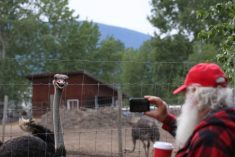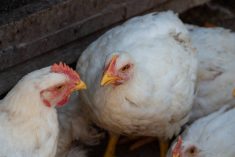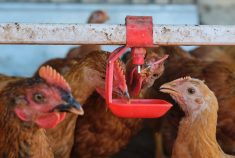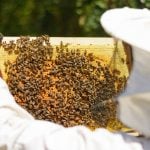Paris | Reuters — An unusually early outbreak of bird flu cases affecting high numbers of wild birds and poultry farms across Europe and North America is raising concerns of a repeat of previous crises that led to mass culling and food price spikes.
The highly pathogenic avian influenza, commonly called bird flu, has led to the culling of hundreds of millions of farmed birds in the past few years, disrupting food supplies and driving up prices. Human infections remain rare.
Read Also
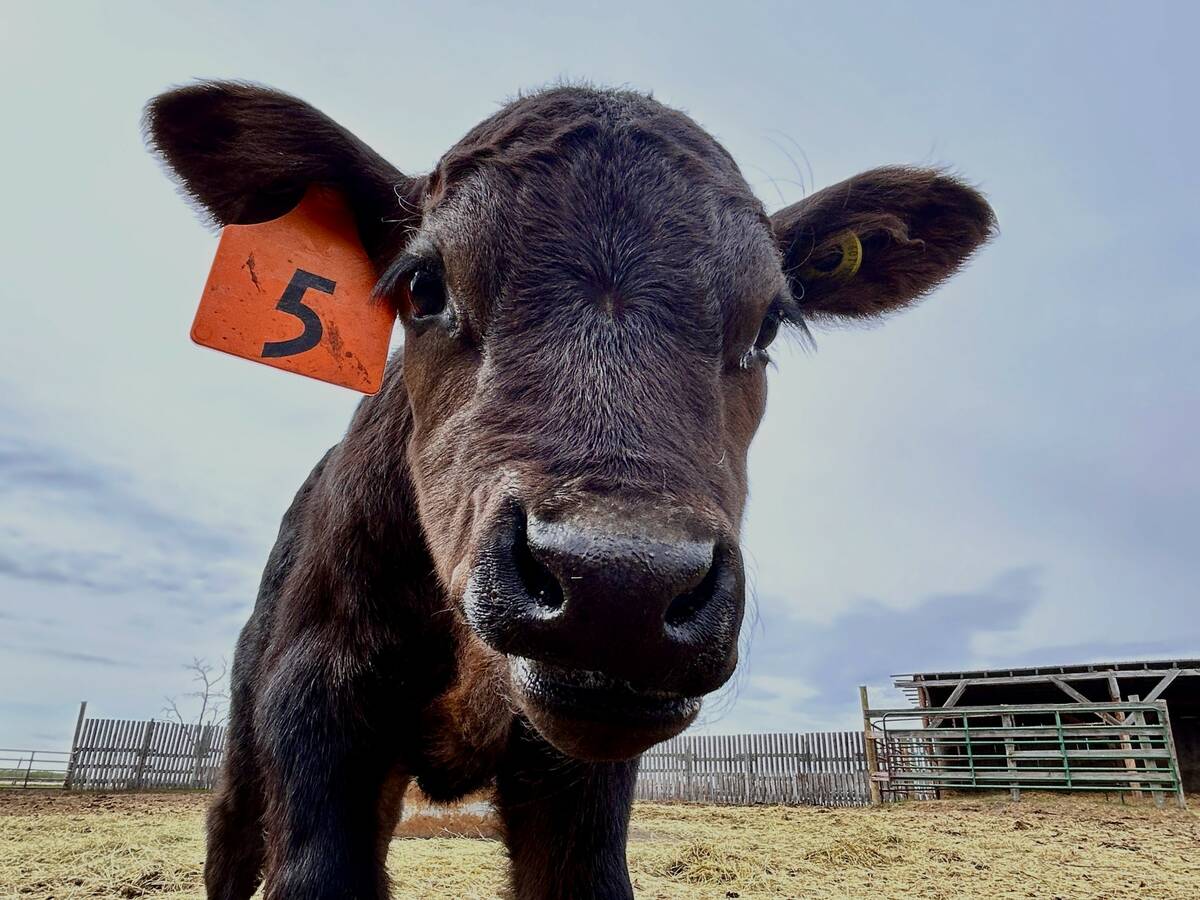
Health Canada stops sales of coccidiosis medication Deccox on procedural issue
Deccox, a medication to prevent coccidiosis in calves and other livestock, is temporarily off the market after Health Canada issued a stop sale order earlier this month.
While outbreaks typically spike in the northern hemisphere autumn as migratory birds fly south, they appeared earlier and in greater numbers in Europe and the U.S., affecting both wild birds and poultry.
More outbreaks than previous seasons
In the U.S., 107 outbreaks were reported by November 18, nearly four times last year’s total. Minnesota, the country’s largest turkey producing state, confirmed its first case two months earlier than in 2022.
“It’s certainly more than we’ve seen over the last few winter-fall migratory bird seasons,” said Tim Boring, director of the Department of Agriculture and Rural Development of Michigan, another large turkey state.
“I think it’s part of this ongoing pattern… we’re still well within this current outbreak that’s lasted several years now,” he said.
The U.S. has already culled about 8 million birds since September, a slight increase from last year, government data showed.
Canada, which has a smaller poultry flock than the U.S., has also culled nearly 8 million birds. Canadian Agriculture Minister Heath MacDonald said the bird flu situation was getting “very worrisome”.
“Wild birds seem to be carrying more of this disease. So it’s scary in some ways,” he told Reuters.
The World Organization for Animal Health said the early outbreaks were concerning but not alarming.
“There should not be a public health alarm. An increase in number of cases could have different explanations. What we need to observe is the actual virus itself,” said Gregorio Torres, head of WOAH’s scientific department.
Different wild birds affected
In Europe, the situation was also more severe than last year, with Germany recording the highest number of outbreaks in three years.
Between early September and mid-November, 1,443 cases of bird flu were detected in wild birds in 26 European countries – a fourfold increase compared with the same period in 2024 and the highest since 2016, the European food safety agency EFSA said.
“What’s new this season? It’s not exactly the same birds that are being affected. This time, we’ve seen contamination occur earlier among wild birds, and now we’re starting to detect cases that are spreading to farmed birds,” French health security agency ANSES Deputy Director General Gilles Salvat told reporters on Thursday.
Salvat pointed to common cranes – which typically migrate earlier than waterfowl species such as ducks, geese and swans – as a major factor behind the outbreak, which spread from northeast to southwest Europe, with high fatalities in Germany and France.
France put its poultry sector on high alert in October, much earlier than in previous years.
The situation was more normal in most of Asia except for Cambodia, which has seen severe bird flu outbreaks, while Japan reported its first case on October 22 – five days later than last year. About 1.65 million birds have been culled so far in Japan.
— Additional reporting by Tom Polansek in Chicago, Leah Douglas in Washington, Ed White in Winnipeg, Peter Hobson in Canberra, Michael Hogan in Hamburg, Emma Pinedo in Madrid, Yuka Obayashi in Tokyo.



